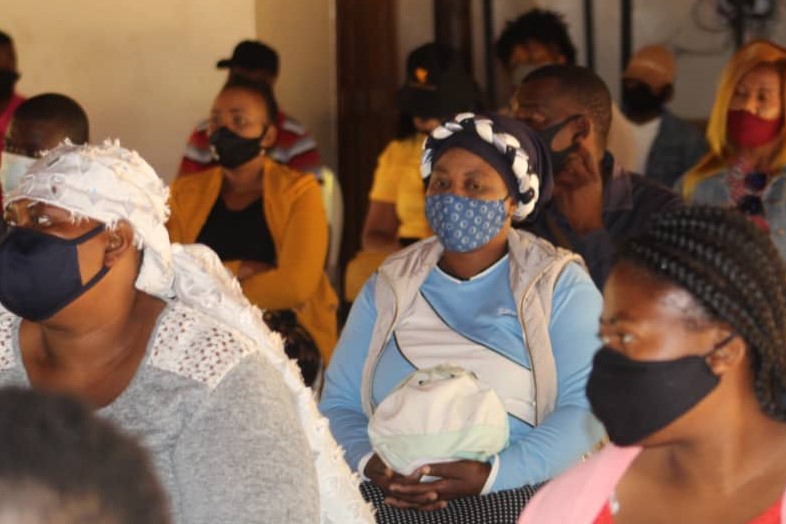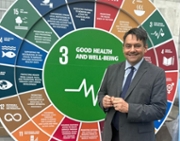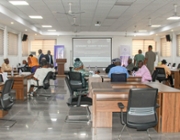Building resilience in Botswana's informal economy

08 November 2020
Botswana is taking action to give a boost to the dialogue between local authorities and the informal economy as a way of strengthening post COVID-19 resilience.
This initiative, led by the Botswana Association of Local Authorities (BALA), is part of a wider LED project to catalyse the National Local Economic Development Framework, implemented by the Ministry of Local Government and Rural Development (MLG&RD), in collaboration with BALA, through the support of CLGF and UNDP.
Withstanding disaster situations
This current pilot is taking place in Selibe Phikwe Town Council (SPTC), through a multi-fold approach. It is seeking to help the informal economy to improve its ability to withstand the effects of disaster situations; build the growth capacity of informal businesses; and support local authorities in implementing a developmental approach towards the informal economy.
Reaching women and youth
The inaugural dialogue held in September bought together the council’s leadership and informal economy participants. A very diverse representation, the group comprised around 70% women and some 35% youth, both major groups within the informal economy sector.
Innovative solutions to help the most vulnerable
In his welcome remarks, His Worship the Mayor, Mr. Lucas Modimana acknowledged that the informal economy was invariably the hardest hit by the lockdown, which was vital to contain the spread of COVID-19 pandemic. He further urged the informal economy, together with the Selibe Phikwe, to generate innovative solutions to build resilience. He indicated that the sector is very important because it created necessary employment and income, often amongst the most vulnerable groups in the community.
Value of team work
Mr Steve Mylon Pheko, CEO of BALA, said that the Association is excited to be embarking on this initiative. He emphasised the value of team work as businesses are resuscitated and supported to become more resilient. He placed much emphasis on the need to leverage local resources to develop informal economy business models, enabling inclusive economic growth.
Ms Zimasa Vazi, CLGF Southern Africa Project Officer, stressed the importance of support to the informal economy, as Botswana works with a number of valued stakeholders to support the economy to recover from the pandemic. She said: “In the upcoming months, CLGF will support the work of BALA, together with the MLG&RD, to roll-out these dialogues to the rest of the local authorities in Botswana. We are very excited about this development and look forward to seeing much progress to benefit the whole of the community, not just the informal economy.”
Back to News





